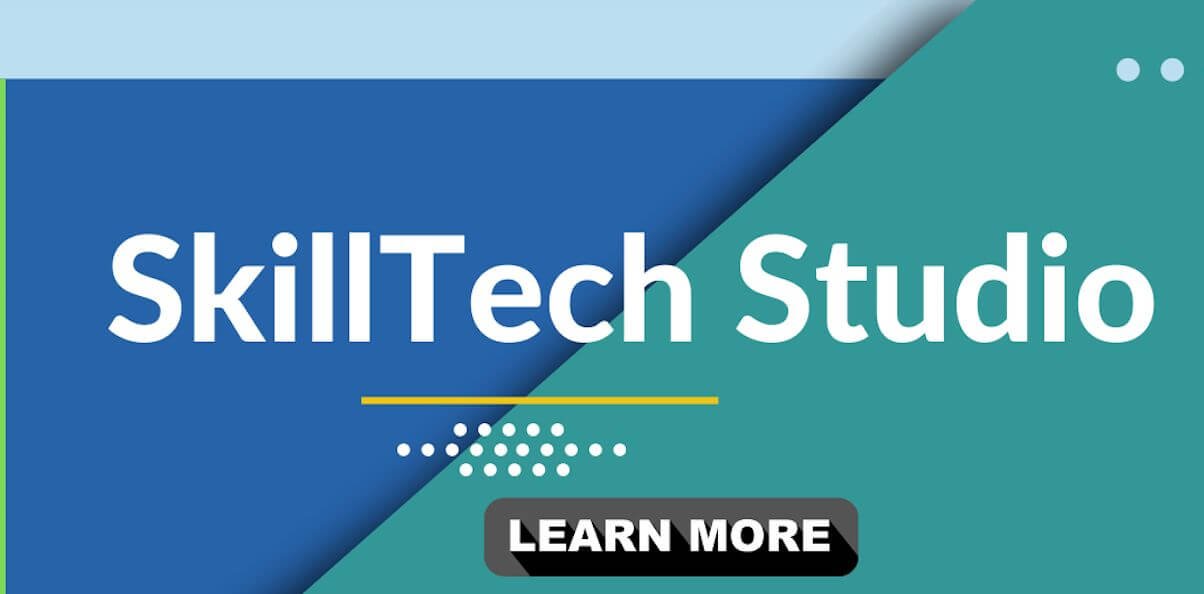The University Grants Commission (UGC) has released draft guidelines for introducing skill-based courses and micro-credentials in Higher Education Institutions (HEIs). This initiative aligns with the vision of the National Education Policy (NEP) 2020, aiming to equip students with industry-relevant skills alongside academic knowledge. By integrating these courses into academic programs, students can earn stackable credits through the National Credit Framework (NCrF), bridging the gap between traditional education and modern workforce demands.
Skill-Based Courses and Micro-Credentials: Bridging education and skills
Skill-based courses and micro-credentials have emerged as transformative tools in the educational landscape, aligning with the demands of a dynamic and rapidly evolving workforce. Unlike traditional, long-duration programs, these focused learning modules provide targeted knowledge and skills in specific areas.

Why are they important?
- Bridging skill gaps: They address the gap between the skills acquired in traditional education and the competencies demanded by industries, ensuring job readiness.
- Flexibility and accessibility: Designed for learners of all ages, these courses can be pursued alongside academic education or professional commitments.
- Lifelong learning: They foster a culture of continuous improvement by encouraging individuals to upgrade their skills as industries evolve.
- Various emerging fields: Micro-credentials often cater to niche or emerging areas like artificial intelligence, data analytics, renewable energy, and other trending fields.
- Career opportunities: Learners gain practical skills that make them valuable assets to employers, resulting in better career opportunities and growth.
By integrating skill-based courses and micro-credentials into educational programs, can unlock its demographic dividend and ensure its workforce remains competitive and future-ready. These offerings complement the NEP 2020’s vision for a more holistic, skill-driven education system.
For more details, click here to read the complete draft guidelines on skill-based courses and micro-credentials released by the UGC.
Objectives of the guidelines
The draft guidelines have been designed with several key objectives:
- Integrating skill development: Introduce short-term, credit-linked skill-based courses to enhance employability and address industry-relevant skill gaps.
- Adopting NCrF: Facilitate seamless recognition and accumulation of credits across formal and skill-based education.
- Enhancing employability: Ensure students acquire practical skills to meet evolving labor market demands.
- Promoting upskilling and reskilling: Boost workplace productivity by offering courses that adapt to technological advancements.
- Fostering academia-industry collaboration: Strengthen partnerships to support curriculum development, internships, and job placements.
Key features of the guidelines
The draft guidelines emphasize flexibility and multidisciplinary learning, offering courses in areas such as
- Artificial intelligence (AI)
- Data analytics
- Cybersecurity
- Sustainable development and more
Collaboration with industry leaders, awarding bodies, and sector skill councils ensures students receive hands-on training and real-world experience. The guidelines also highlight the importance of credit accumulation and transfer under the NCrF, allowing students to customize their educational journey and explore diverse career paths.
Also read: UGC launches draft guidelines on Recognition of Prior Learning (RPL) in Higher Education
To assist HEIs, the Standard Operating Procedures (SOPs) outline clear implementation processes, including curriculum design, assessment methods, and certification. These measures aim to establish a sustainable, high-quality skill-based education ecosystem, ensuring students graduate as skilled professionals ready to compete in local and global job markets.
UGC has invited feedback on the draft guidelines from educators, industry leaders, students, and other stakeholders within 30 days. Suggestions can be submitted through a dedicated Google form, providing an opportunity for inclusive participation in shaping India’s higher education landscape. For more details on how to submit, go through the draft guidelines.
The UGC’s draft guidelines for skill-based courses and micro-credentials mark a significant step in transforming higher education to meet the demands of a technology-driven economy. By equipping students with in-demand skills and fostering academia-industry collaboration, these initiatives aim to create a skilled workforce that drives economic growth and innovation. Stakeholder feedback will play a crucial role in refining and implementing these transformative measures.














